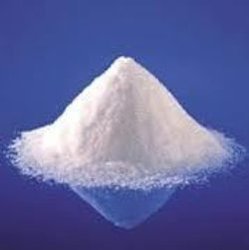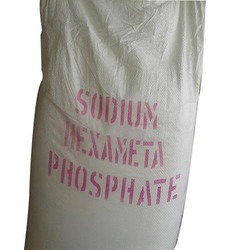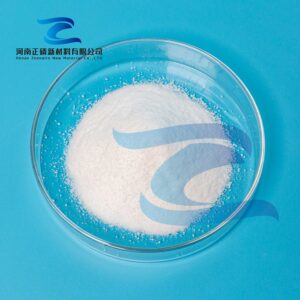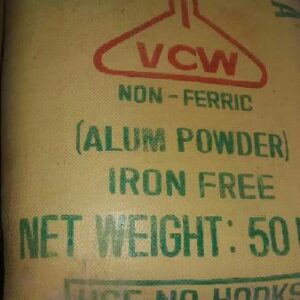Description
EDTA – Various grade of salts available
HS CODE 28212100
We are offering our valuable customers a wide range of EDTA Salts. EDTA salt is widely used to dissolve limescale. Usefulness of EDTA salt arises because of its role as a hexadentate (“six-toothed”) ligand and chelating agent, i.e. its ability to “sequester” metal ions such as Ca2+ and Fe3+. After being bound by EDTA, metal ions remain in solution but exhibit diminished reactivity. EDTA is produced as several salts, notably disodium EDTA and tetra sodium EDTA.
EDTA
Some ligands can bond to a metal atom using more than two pairs of electrons. An example is ethylenediamminetetraacetate ion (EDTA4-), the Lewis structure of which is shown below. EDTA4- forms very stable complexes with most of the transition metals.
| EDTA4- This hexadentate ligand forms very stable complexes (usually octahedral structures) with most of the transition metals. The donor atoms in EDTA4- are the two N atoms, and the four, negatively charged O atoms. |
| EDTA4- When this ion bonds to a metal atom, the two N atoms, and four of the O atoms, are used. |
[Fe(EDTA)]2- In this complex, a single EDTA4- ion forms 6 bonds to the Fe atom (i.e., 2 Fe-N bonds and 4 Fe-O bonds). The coordination number of 6 results in an octahedral structure. |
Applications
The sodium salt of EDTA4- (i.e., Na4EDTA) can be found in many commercial products including:
- soap
- beer
- mayonnaise
EDTA4- is used to “trap” trace amounts of transition metals that could potentially catalyze the decomposition of the product.






Reviews
There are no reviews yet.